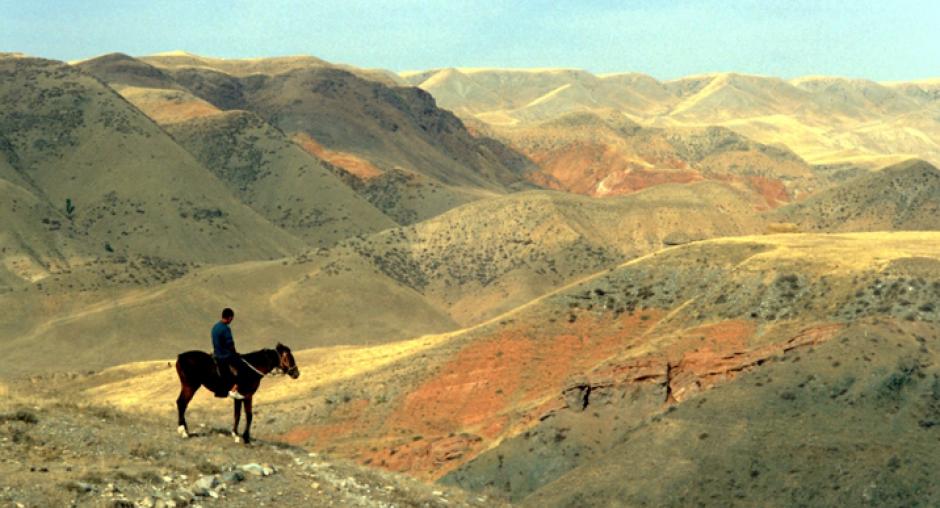OSCE Baku Office invites Kazakhstan's environment experts to study Aarhus Centre in Azerbaijan

BAKU, 14 April 2005 - Environmental experts from Kazakhstan have studied the setting up and current work of the Azerbaijani Aarhus Centre during a study tour jointly organized by the OSCE Office in Baku and the OSCE Centre in Almaty.
Representatives of Kazakhstan's Ministry of Environmental Protection and its regional branches, local authorities and NGOs attended the study tour which ended yesterday.
It was aimed at providing them with first-hand knowledge of creating and operating an Aarhus Centre, as information on how to do this is very limited in Kazakhstan.
"We are very pleased that the experience of the Aarhus Centre in Baku is being considered as an efficient model for our colleagues from other regions," said Ambassador Maurizio Pavesi, Head of the OSCE Office in Baku.
"We hope that this joint initiative will lay the foundations for effective co-operation between the Aarhus Centres functioning in the OSCE area."
Vadim Ni, an environmental law expert from Kazakhstan, said the visitors benefited greatly from the lessons learned in Azerbaijan: "The experience of Azerbaijan is very interesting for us, since this is a country in many respects similar to Kazakhstan."
He added: "This is a very responsible step for Kazakhstan, since the Aarhus Convention is one of the important documents ensuring democratic developments in the environmental area."
The trip was organized in view of the planned opening of an Aarhus Centre in the Kazakh capital Astana this summer. Kazakhstan is striving to make progress in implementing the Aarhus Convention, in the run-up to the second meeting of parties to the Convention, due to be held in Almaty from 25 to 27 May 2005.
The Aarhus Convention on Access to Information, Public Participation in Decision-making and Access to Justice in Environmental Matters is a new type of international agreement on environmental protection. It deals with ecological rights of people, accountability and transparency in environmental matters and the relations between civil society and state agencies. It therefore covers not only environmental protection, but also democracy.
Kazakhstan signed the Aarhus Convention in 1998 and ratified it in 2000. It became a party to it in 2001.
Azerbaijan acceded to the Convention in 2000 and established the Aarhus Environmental Public Information Centre as a first step towards putting the Convention into practice in Azerbaijan.
